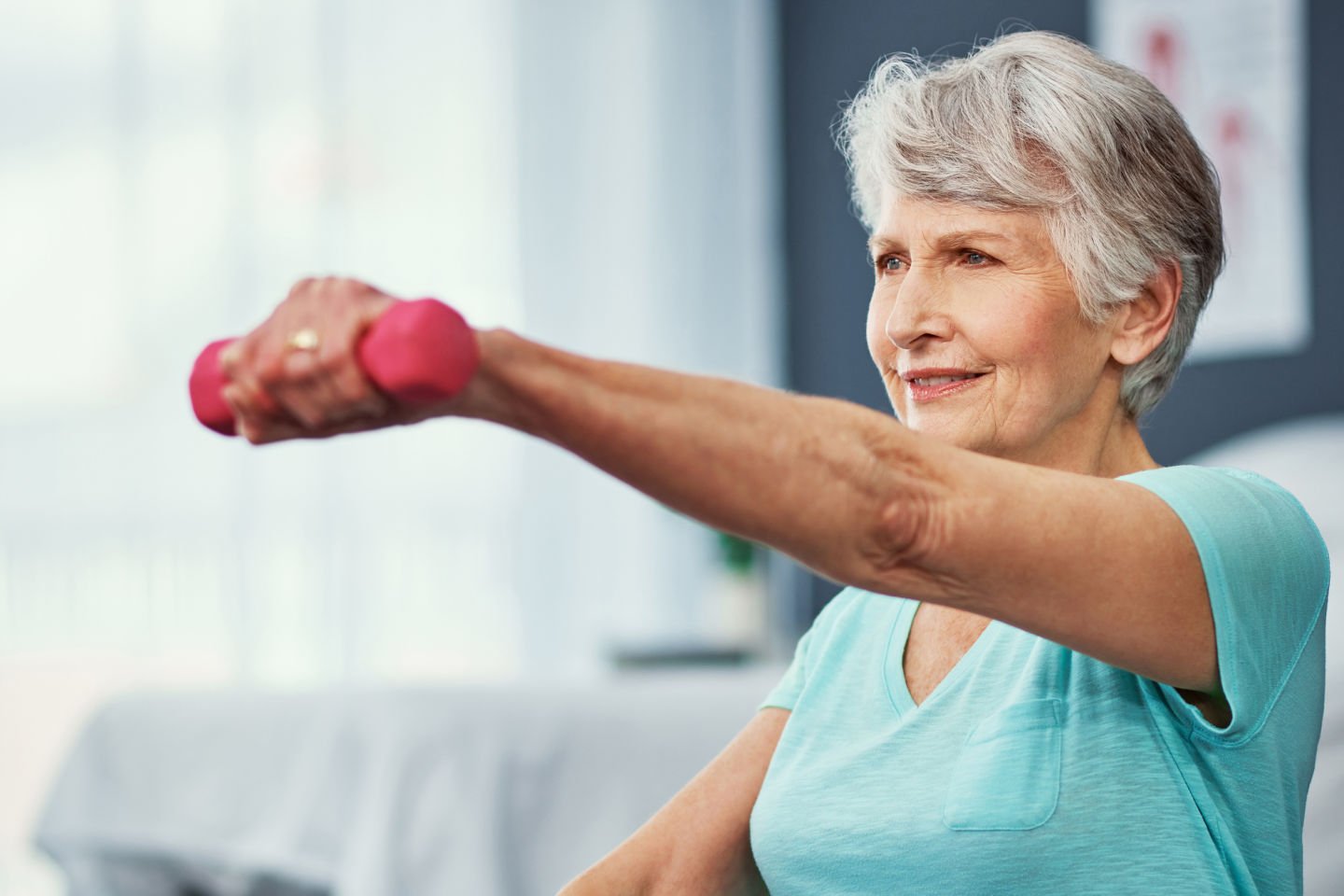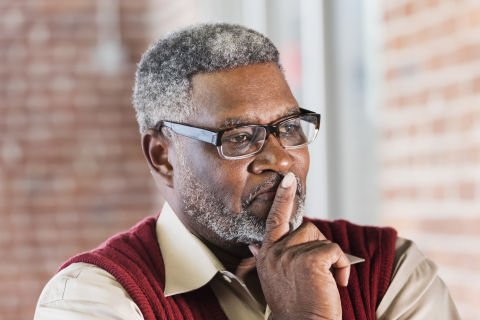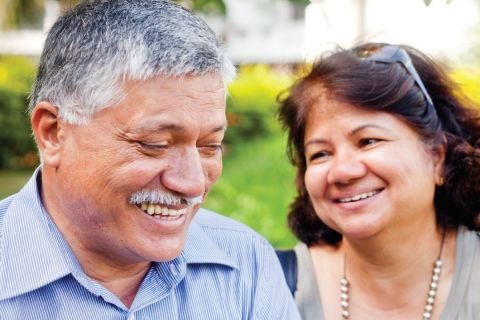Ageing secrets we really should know
Are we really condemned to inevitable deterioration? Here’s how you can be exceptional in old age.

Key points
Most seniors prefer quality of ageing over longevity.
Physician author says we know the solution but aren’t using it.
Heart, nutrition and strength are crucial in ageing well.
Many of us have witnessed the slow decline and death of a loved one as they fade from life withered by illnesses of mind and body.
For many western societies such as Australia this is a “default” position that assumes the last decade of life must be one in which “your cognitive and physical capacity are less than half what they were in midlife”.
That’s the starting point for US physician specialising in longevity, Dr Peter Attia, in changing the way we look at ageing.
Talking on ABC Radio’s Life Matters, Dr Attia revealed the big worry older patients bring up with him, and it’s not about how to live an extra few years, or the age at which they’re likely to die.
“They’re most afraid of the deterioration in their quality of life in the last decade,” he said.
“They want to know that they can pick up their grandkids from the crib. They want to know that they can still go for a walk and if the terrain is a little bit rugged, they’re not automatically going to fall down.
“These are the things that matter to people, and these things they have to be trained for — they have to be prepared for.”
In his new book, Outlive: The Science and Art of Longevity, Dr Attia explains how we have the potential to live longer and better, and go to our deathbeds having lived fully to the end.
We have come to expect the answer to be some form of medication. However, Dr Attia says we already know the “secret” and we have the knowledge. But we don’t use it.
We want a pill to take when, simply, the most potent longevity “drug” is exercise.
Dr Attia says there are actions people can take immediately to improve the length and, importantly, the quality of their life.
“What we're really talking about here is making sure that the last decade of your life is exceptional,” he says.
Dr Attia says if everyone exercised for 30 minutes a day and maintained a healthy weight, we would be healthier and “probably add five years” to our life expectancy.
“But I’m asking a question, which is what does [an extra] 10 to 15 years look like? And at an exceptionally higher quality of life. The metric for me is when I’m 80 … I want to function like a healthy, fit 60-year-old,” he adds.
To do that we break down “exercise” into its most important parts, he argues: strength, stability, aerobic efficiency and peak aerobic capacity.
These offer a benefit that is “more than twice the magnitude of the harm brought on by smoking, diabetes, high blood pressure" and other things that reduce life span and quality of life.
“There’s simply nothing that compares to having a high degree of cardio-respiratory fitness as measured by VO2 max [the maximum oxygen uptake during intense exercise], having a high degree of muscle mass ... and having high strength,” he said.
To build strength and muscle mass we need to consume enough protein. Older muscles find it harder to repair and to preserve muscle mass — and protein helps that.
“One of the biggest things we certainly see here in the US, but I suspect that this is true across the world, is that people are not getting sufficient amounts of protein to preserve lean mass. And the consequences of this are actually devastating,” Dr Attia said.
Poor balance, lack of muscle mass and frailty are all big risk factors for falling in people over 65. A fall that leads to a broken hip is associated with increased death rates.
An 80-year-old man will have about 40% less muscle mass than he had at 25. We also lose strength in those muscles as we grow older.
To be able to pick up and play with our grandchildren, carry shopping, or travel and be able to lift a suitcase we have to work on our strength now and account for the 8-17% declines per decade.
“That means we need to be able to lift at least 25 kilograms comfortably today if we’re going to be able to comfortably pick up a 15-kilogram kid in the decades to come,” Dr Attia told the Sydney Morning Herald.
A calm breath can steady our nervous system and create mental equilibrium, and it has knock-on effects to our physical function too. That means someone who is breathing poorly while shovelling in their garden is putting themselves at increased risk of injury.
Breathing exercises, along with ones where we practice standing on one foot at a time, are crucial to balance, stability and our ability to move safely into older age.
The VO2 measures how efficiently we use oxygen and Dr Attia says it “is astonishingly predictive of how long you live”.
It can help to add one or two VO2 max workouts — when we push hard for several bursts of a few minutes each – per week. However, as with all exercise regimes, you should consult a GP before starting such a program.
Starting to add these pieces to the puzzle of our life can make a difference to whether we live the rest of our life in a way we might like, says Attia, whose book took nearly seven years to write.
“I think at the outset of this book, it was about a quest for immortality, and I think at the end it is a quest for a better life.”








